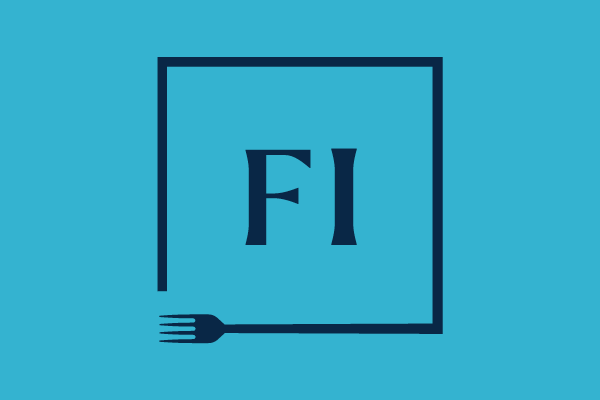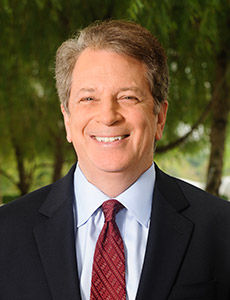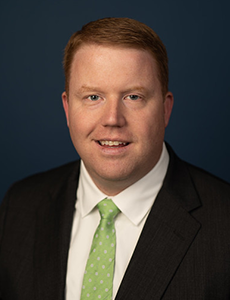
2023 Food Labeling Seminar
Regulatory and Policy Year-End Review and the Outlook for 2024
About the Seminar
Keep up to date on this year’s revisions to FDA, USDA, FTC, and other changes to food labeling regulations and enforcement trends. Make sure your labels comply with new federal rules and avoid becoming the target of class-action attorneys.
Take a deep dive into the trends affecting food labeling developments in the coming year. Identify evolving changes to food labeling, plan ahead, and gain a competitive edge by analyzing how coming changes to food labeling will affect the marketplace for your products.
Register for both three-hour sessions to keep apprised of changes to food labeling rules and to plan ahead for further developments.

Look forward to…

FI Member Pricing
Exclusive for Food Institute Members – Save 25%! Reach out to Paola Garcia at paola.garcia@foodinstitute.com to secure your discount code.

Guest Speakers to be Announced!
Stay tuned for updates on our esteemed lineup of guest speakers, who will bring their expertise and insights to make this event even more informative and engaging.

All sessions will be recorded
You’ll have access to all recordings after the event is over, so you can go back and rewatch the sessions you didn’t catch live.
Schedule
October 3 | Session 1
2023 – The Year in Review
What has changed and what to know to comply with new FDA, USDA, and other federal food labeling regulations, policies, and guidance statements.
Topics will include:
- New requirements for allergen labeling
- Revised USDA requirements for substantiating animal raising claims
- Changes to standards of identity
- New FDA enforcement policy on general dietary guidance statements
- Updated FDA guidance on the naming of plant-based alternatives to traditional animal foods
- FTC’s revision of its “Green Guides” and its impact on food labeling
- Changes to USDA’s prior label approval program
- Leading class-action cases challenging food label claims and how to avoid the class-action trap
- FDA’s reorganization of the Center for Food Safety and Applied Nutrition and implications for food labeling
- Approval of new qualified health claims
- The termination of FDA’s “Nutrition Innovation Strategy” and replacement with priorities developed at the White House Conference on Hunger, Nutrition, and Health.
October 4 | Session 2
The Outlook for 2024
Examine evolving trends and implications for food labeling and marketing.
Topics will include:
- Regulatory proposals for front-of-pack nutrition rating symbols
- Disclosures of nutrition information in e-commerce
- Proposed regulations redefining the term “Healthy”
- FDA’s development of a “Healthy” food symbol
- FDA’s label education programs for children and their implications for marketing
- FDA’s plans to revise targets for sodium reduction and implications for food marketing
- The forecast for carbon neutral and sustainability claims
- The impact of new U.S. dietary guidelines for Americans
- The drive for nutrition equity and implications for food labeling
Affordable Pricing
This food labeling seminar offers top-notch content at a fraction of the cost compared to other competitors. Say goodbye to paying thousands of dollars for program fees, hotel accommodations, and flights. With us, you get premium learning without breaking the bank. Secure your spot today and save BIG!
Session 1 – $699
Session 2 – $699
Sessions 1 & 2 – $999
Speakers

Bruce Silverglade
Principal at OFW Law

Kyla Kaplan
Associate Attorney at Olsson Frank Weeda Terman Matz PC (OFW Law)

John Dillard
Principal Attorney at OFW Law

